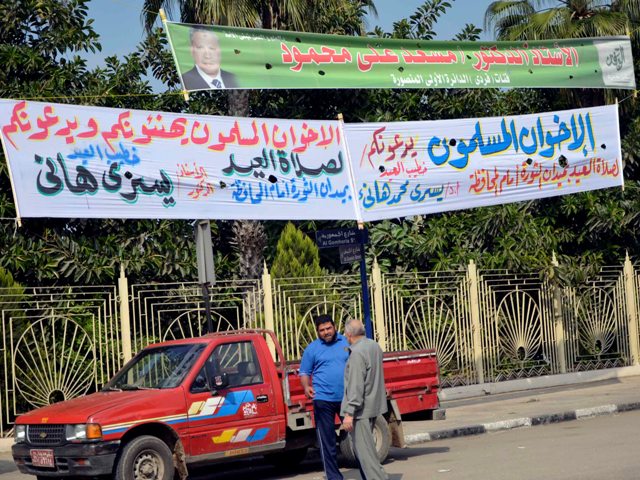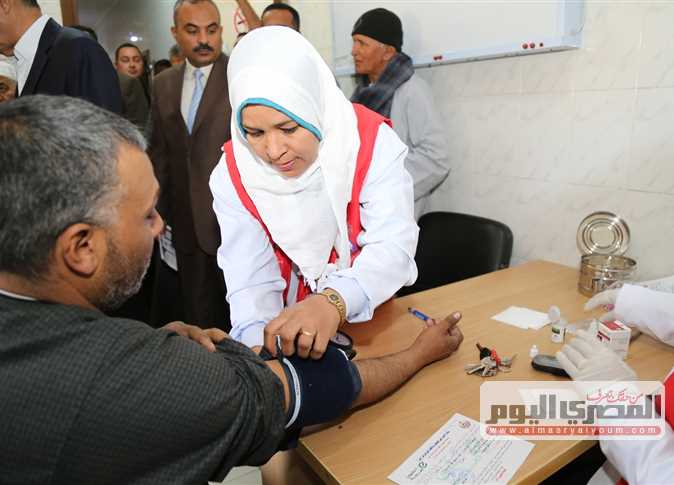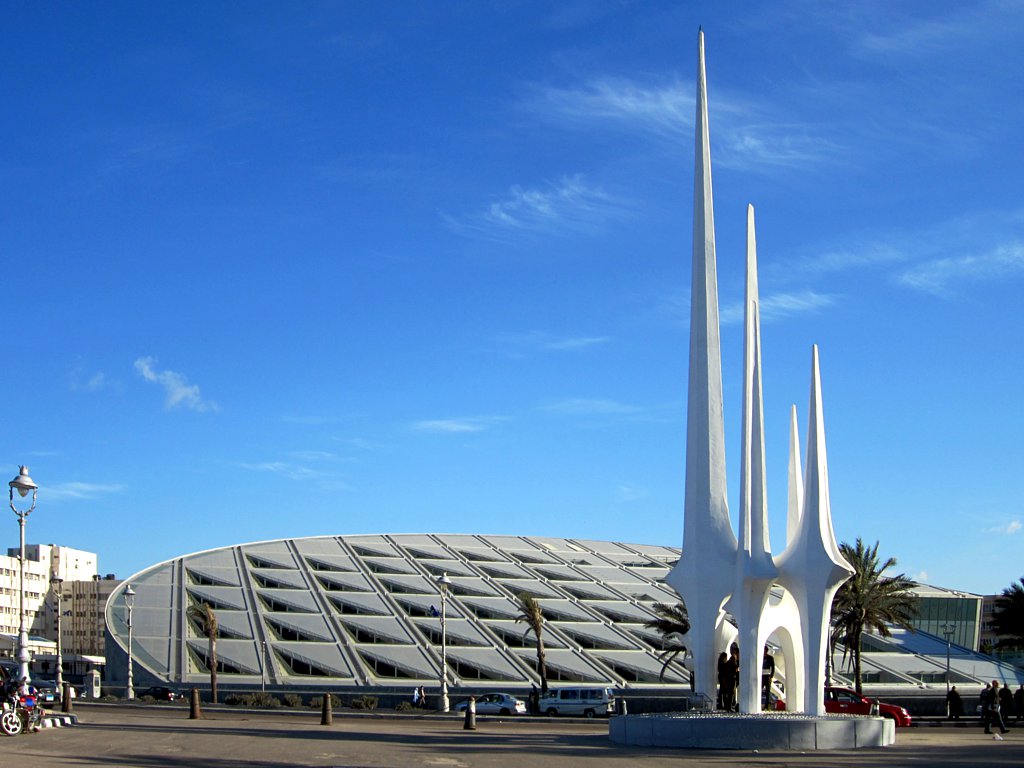
The coverage of electoral campaigns that kicked off last week takes up the lion’s share of most local newspapers Thursday.
State-owned Al-Ahram runs a half-page Q&A with the head of the High Elections Judicial Commission, judge Abdel Moez Ibrahim, who discusses investigations of political candidates suspected of fishy campaign finance practices. Ibrahim is quoted as confirming that certain political groups, which he did not name, have been relying on dubious funds, adding that his commission will take strict measures against whoever violates campaign funding laws.
He is also quoted as saying that the commission has already informed the Muslim Brotherhood it should not use the slogan “Islam is the solution” because it is illegal to use religious slogans in the campaign. If the brotherhood insists on using the phrase, the matter will be referred to the High Administrative Court, Ibrahim told Al-Ahram.
The first phase of the vote is scheduled for 28 November. The results of single-winner races will be announced the following day and the candidates elected via party lists will be announced within 48 hours, Ibrahim said.
Despite Ibrahim’s statements to Al-Ahram that no judges have informed him they will boycott their poll monitoring duties, the Wafd party newspaper reports that 10,000 judges will do so to protest the postponement of the new judicial act.
Privately daily Al-Shorouk’s front page highlights the tensions that have accompanied electoral campaigns. It says that the secular Egyptian Bloc, which consists of the left-wing Tagammu, the liberal Free Egyptians and the Egyptian Social Democratic parties, has threatened to boycott the poll in protest of the High Elections Judicial Commission’s refusal to assign all its candidates the same electoral symbol — a picture that appears on the ballot to help illiterate voters identify the candidates.
The paper also depicts feuds that have erupted between candidates in different provinces. It quotes Wasat party leader Tareq al-Malt as complaining that the party’s banners and posters have been torn apart in the southern province of Beni Suef.
“We thought such practices would be over after the revolution, but it seems that things have not changed,” he told Al-Shorouk.
Meanwhile, Mohamed Sabra, a Wafd candidate in the same governorate, accused the Muslim Brotherhood’s Freedom and Justice Party of destroying his banners.
The Freedom and Justice paper, the Muslim Brotherhood’s mouthpiece, leads with a headline reading, “The Muslim Brotherhood puts forward an initiative for Salafi-Sufi reconciliation.” The report quotes Mohamed Ghezlan, the group’s spokesperson, as saying that the brothers are willing to mediate talks between the Sufi Azmeyya order and the Salafi Nour Party in order to heal the widening rift between the two. Ghezlan is quoted as saying that the two groups have a lot in common and should cooperate in order to implement Islamic Law. Tensions have increased recently between the two parties after the leader of the Sufi Azmeyya order reportedly accused anyone who votes for Salafis of treason, according to the Muslim Brotherhood’s daily. In fact, there is deep-seated animosity between Sufis and Salafis and the latter have often accused the former of heresy for their mysticism and sanctification of shrines.
The paper also runs a report highlighting the vehement online opposition to the military-backed constitutional document. The story says that the call for a demonstration on Friday 18 November to protest the charter has gained “strong momentum” on Facebook and Twitter. In recent days, the Muslim Brotherhood has been leading the opposition bloc to the military-sponsored constitutional charter arguing that it infringes on the people’s right to write their own constitution and gave the military the right to protect democracy.
Islamists have even more reason to resent the draft constitutional principles as it is viewed as an attempt to weaken their influence on drafting Egypt’s new constitution in case Islamist candidates dominate parliamentary elections as expected. Liberals have voiced mixed feelings over the charter, hailing its emphasis on the “civil democratic” nature of the state but also objecting the powers it grants the military.
In his column in Al-Shorouk, prominent writer Wael Qandil shares his reading of the ongoing debate.
“If you look at fights that erupted over the document, you will realize that each party is
only concerned with its own interests. Each party supports or refuses the charter based on its own narrow-minded vision. Their views are not shaped by an understanding of the national good,” he writes.
Elections and the constitution aside, independent Al-Tahrir runs an opinion piece by a human rights lawyer contending that ousted President Honi Mubarak will likely be released in two years if his trial maintains its current pace.
“Mubarak will be free. You should not be surprised; this will happen legally,” writes Hoda Nassrallah. She explains that a defendant accused of a crime punishable by death or lifetime imprisonment should not be held in custody for more than two years, according to the penal code. Nasrallah laments the slow-paced trial, which kicked off in August and has no end in sight.
Egypt's papers:
Al-Ahram: Daily, state-run, largest distribution in Egypt
Al-Akhbar: Daily, state-run, second to Al-Ahram in institutional size
Al-Gomhurriya: Daily, state-run
Rose al-Youssef: Daily, state-run
Al-Dostour: Daily, privately owned
Al-Shorouk: Daily, privately owned
Al-Wafd: Daily, published by the liberal Wafd Party
Youm7: Daily, privately owned
Al-Tahrir: Daily, privately owned
Freedom and Justice: Daily, published by the Muslim Brotherhood's Freedom and Justice Party
Sawt al-Umma: Weekly, privately owned
Al-Arabi: Weekly, published by the Nasserist Party




